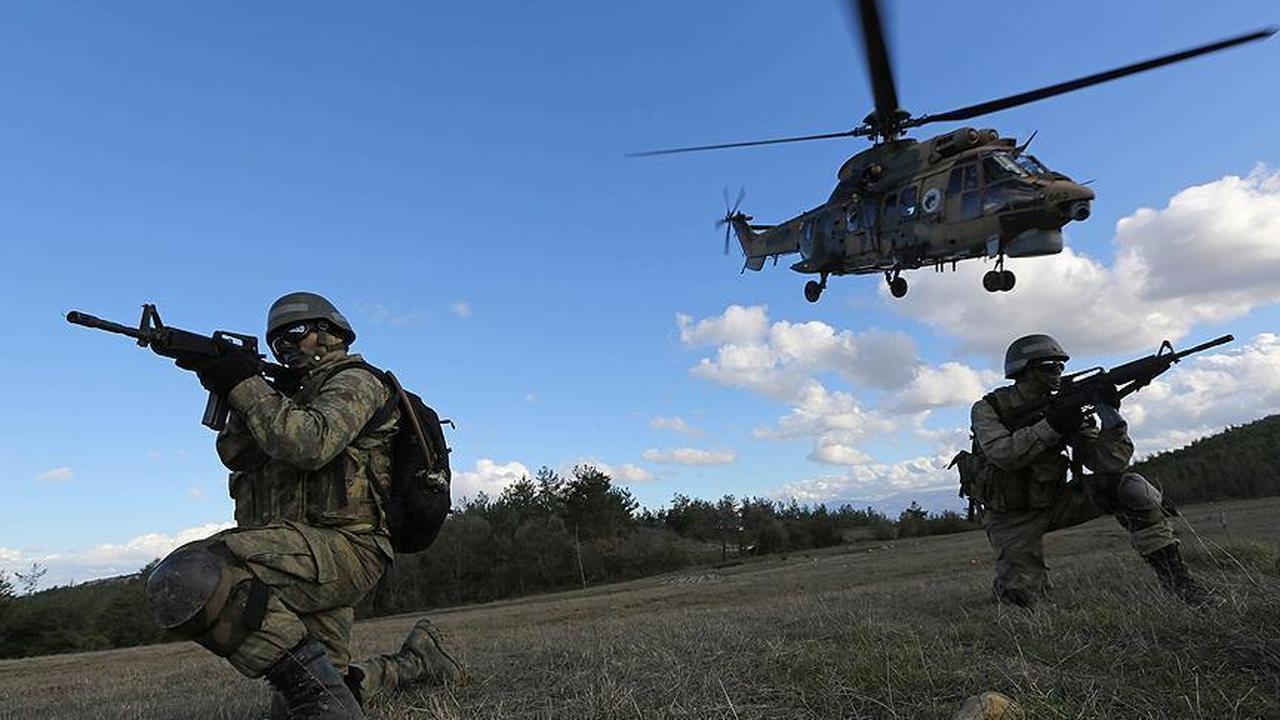
Under the coordination of Türkiye’s National Intelligence Organization (MIT), plans are underway to establish a joint mechanism with the central government of Iraq and the Iraqi KRG to oversee the disarmament of the PKK terrorist group. Significant progress has reportedly been made in negotiations with all relevant parties.
The Turkish Armed Forces (TAF) are actively involved in the process, which will be carried out in coordination with authorities in Baghdad, Erbil and Sulaymaniyah. In Syria, efforts regarding the YPG terrorist group are being coordinated with the Damascus administration. Türkiye is closely monitoring the Syrian government’s implementation of policies aimed at compelling the YPG to lay down arms and shift toward political engagement.
The disarmament process is expected to be completed by early September. Once MIT submits its final report confirming the full surrender of arms, the Turkish Parliament is set to establish a "National Unity Commission" on Oct. 1, marking the start of the new legislative session. This commission was initially proposed by Nationalist Movement Party (MHP) leader Devlet Bahceli and will be tasked with advancing democratization efforts and constitutional reform.
The disarmament initiative includes clearing militant camps and hideouts, locating weapons caches, and verifying the complete cessation of armed activity. Democratic reforms and broader national reconciliation steps will only be considered after MIT verifies that the disarmament has been completed.
The proposed National Unity and Solidarity Commission will handle key areas such as the reintegration of individuals affiliated with the PKK who have not been involved in criminal acts. The commission will operate similarly to the former Parliamentary Reconciliation Commission that focused on constitutional reform, although a key difference will be the decision-making process. While the previous commission required a qualified majority for decisions, Bahceli has recommended that the new body operate on a simple majority basis.
Opposition parties are pushing for the continuation of the qualified majority system to ensure broader consensus. This issue is expected to be resolved during the negotiations over the commission’s formation.
Once active, the commission will take into account the demands of the public—channeled through political parties—as well as proposals from academics and civil society organizations.
While a wide array of topics may be discussed, the fundamental characteristics of the Turkish state will remain off-limits and will not be open to negotiation.